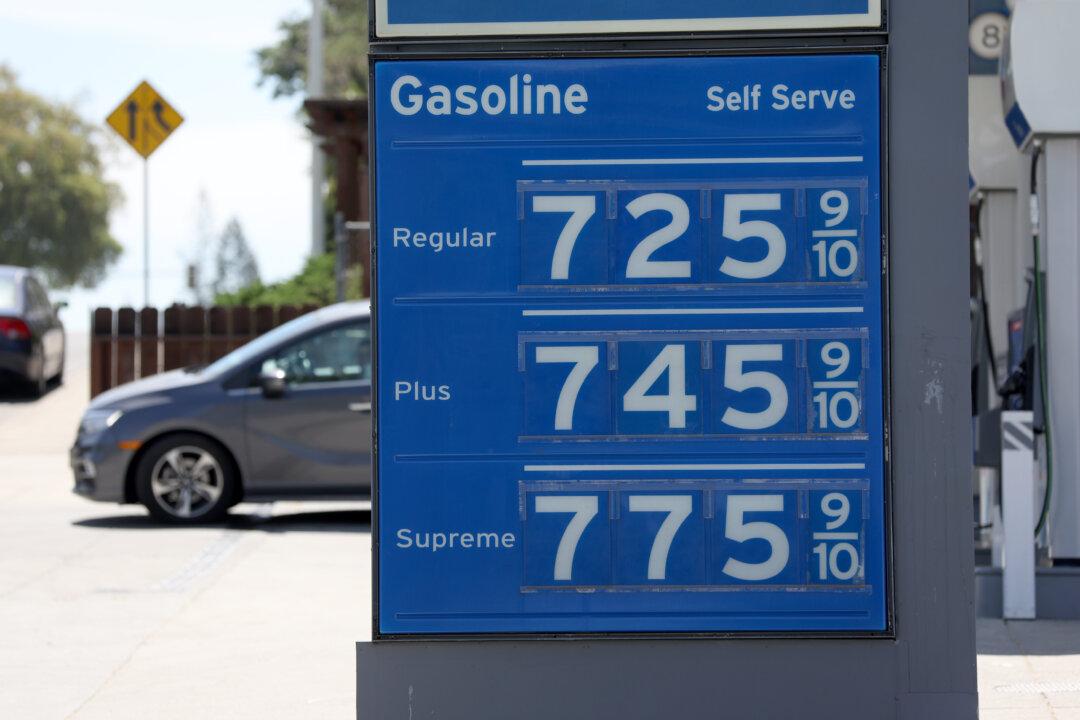An increasing number of California cities are banning the construction of new gas stations despite critics saying that stations are necessary for the vast majority of drivers and commuters.
“We didn’t know what we were doing, actually,” Petaluma Councilwoman D’Lynda Fischer told the Los Angeles Times Monday of a citywide ban on new stations. “We didn’t know we were the first in the world when we banned gas stations.”





